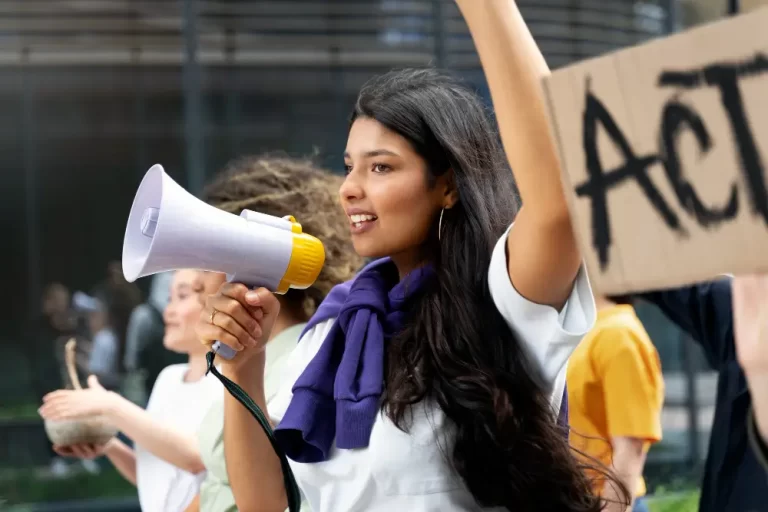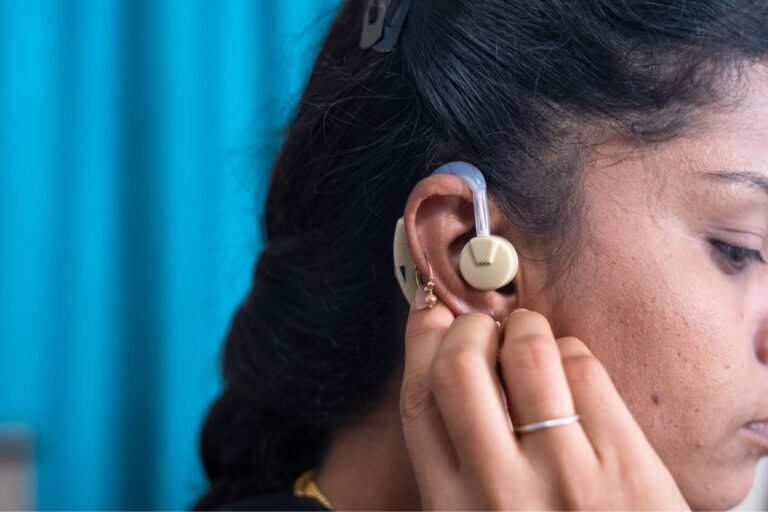Fostering Ethical Practices and Inclusivity
At CDRID, our approach to institutional reformation is holistic and proactive. We specialize in identifying and addressing systemic barriers that hinder the full participation of individuals with disabilities in various aspects of society. Our expertise lies in crafting solutions that not only address immediate concerns but also pave the way for long-term, sustainable change.
We provide strategic, transformational, and technical offerings in risk and compliance
- Why It Matters
Our approach to risk and compliance consulting
Advocating for Equal Opportunities
Our mission is to reform institutions to create a society that truly values equality and inclusivity. This involves not only removing physical barriers but also challenging and changing the systemic biases that prevent people with disabilities from accessing resources and opportunities.
Research and Evidence-Based Advocacy
We focus on collecting and analysing data to support our advocacy for policy changes. For instance, understanding that 20% of disabled persons have a disability in movement, and 19% each in seeing and hearing, helps us advocate for specific policy changes in infrastructure and services.
Legal and Educational Reform
Recognizing that 54% of disabled children with multiple disabilities never attend educational institutions, we push for reforms in the educational sector to ensure inclusive education. Similarly, our legal support initiatives aim to protect the rights of people with disabilities, addressing issues of discrimination and inequality.
Promoting Employment and Economic Inclusion
With only 36% of disabled persons being workers, our efforts also include creating pathways for employment and economic inclusion, ensuring that people with disabilities have equal opportunities to contribute to and benefit from economic growth.


